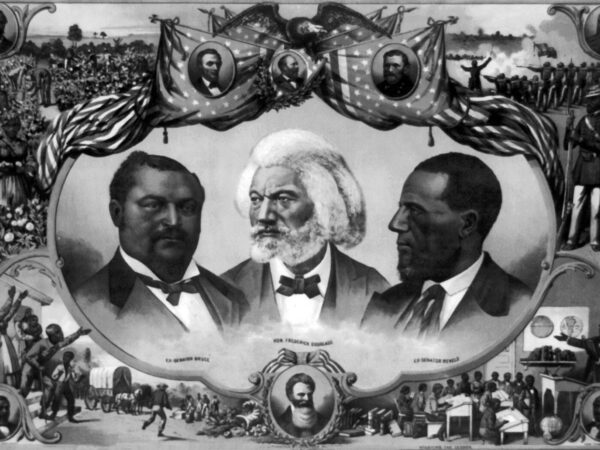
What happens when kings and rulers are confronted by a child whose very presence boldly proclaims that God is with us? Sometimes children have an astounding ability to disrupt the status quo. They resist passivity and compliance, they dream boldly and they demand justice. Who are our Immanuels today? And what do we do when we encounter them?

How do we then understand a biblical vision of peace relevant for our contexts today? Peace, from a decolonial theological perspective, is not a mere act of non-violence, nor is it about drawing peace plans from the perspective of the powerful global powers; rather, it is about the holistic well-being of the whole creation, coupled with justice, where life matters.

Those experiencing rejection because of their sociopolitical identities can know that God does not condone discrimination, that God’s promises are a proclamation of reversal.

Everyday life gives us ample opportunity to fulfill all righteousness, at least as far as the gods of global capital are concerned. Building credit, contributing to a 401K plan, purchasing ordinary goods produced through an extraordinary supply chain, we participate in the enchanted world of mammon, in which money defies space and time to make and remake a world that bears its image. But in Matthew’s gospel, Jesus inhabits a different kind of story about God and the world, about empire and capital.

The promise of a new world, all memories of suffering erased, seems like a gift. But for
whom?






